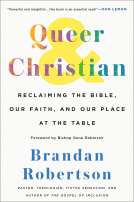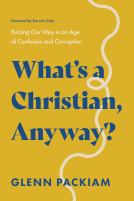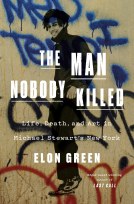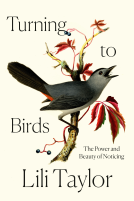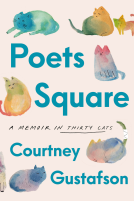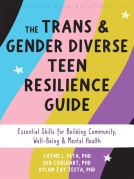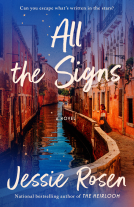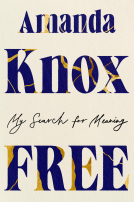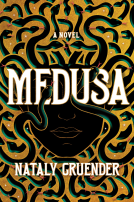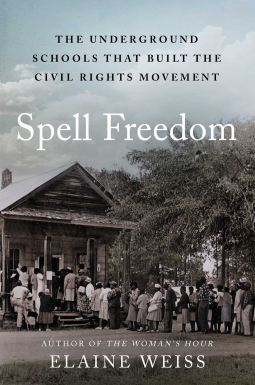
Spell Freedom
The Underground Schools That Built the Civil Rights Movement
by Elaine Weiss
This title was previously available on NetGalley and is now archived.
Buy on Amazon
Buy on BN.com
Buy on Bookshop.org
*This page contains affiliate links, so we may earn a small commission when you make a purchase through links on our site at no additional cost to you.
Send NetGalley books directly to your Kindle or Kindle app
1
To read on a Kindle or Kindle app, please add kindle@netgalley.com as an approved email address to receive files in your Amazon account. Click here for step-by-step instructions.
2
Also find your Kindle email address within your Amazon account, and enter it here.
Pub Date Mar 04 2025 | Archive Date Mar 18 2025
Atria Books | Atria/One Signal Publishers
Description
The acclaimed author of the “stirring, definitive, and engrossing” (NPR) The Woman’s Hour returns with the story of four activists whose audacious plan to restore voting rights to Black Americans laid the groundwork for the Civil Rights Movement.
In the summer of 1954, educator Septima Clark and small businessman Esau Jenkins travelled to rural Tennessee’s Highlander Folk School, an interracial training center for social change founded by Myles Horton, a white southerner with roots in the labor movement. There, the trio united behind a shared mission: preparing Black southerners to pass the daunting Jim Crow era voter registration literacy tests that were designed to disenfranchise them.
Together with beautician-turned-teacher Bernice Robinson, they launched the underground Citizenship Schools project, which began with a single makeshift classroom hidden in the back of a rural grocery store. By the time the Voting Rights Act was signed into law in 1965, the secretive undertaking had established more than nine hundred citizenship schools across the South, preparing tens of thousands of Black citizens to read and write, demand their rights—and vote. Simultaneously, it nurtured a generation of activists—many of them women—trained in community organizing, political citizenship, and tactics of resistance and struggle who became the grassroots foundation of the Civil Rights Movement. Dr. King called Septima Clark, “Mother of the Movement.”
In the vein of Hidden Figures and Devil in the Grove, Spell Freedom is both a riveting, crucially important lens onto our past, and a deeply moving story for our present.
In the summer of 1954, educator Septima Clark and small businessman Esau Jenkins travelled to rural Tennessee’s Highlander Folk School, an interracial training center for social change founded by Myles Horton, a white southerner with roots in the labor movement. There, the trio united behind a shared mission: preparing Black southerners to pass the daunting Jim Crow era voter registration literacy tests that were designed to disenfranchise them.
Together with beautician-turned-teacher Bernice Robinson, they launched the underground Citizenship Schools project, which began with a single makeshift classroom hidden in the back of a rural grocery store. By the time the Voting Rights Act was signed into law in 1965, the secretive undertaking had established more than nine hundred citizenship schools across the South, preparing tens of thousands of Black citizens to read and write, demand their rights—and vote. Simultaneously, it nurtured a generation of activists—many of them women—trained in community organizing, political citizenship, and tactics of resistance and struggle who became the grassroots foundation of the Civil Rights Movement. Dr. King called Septima Clark, “Mother of the Movement.”
In the vein of Hidden Figures and Devil in the Grove, Spell Freedom is both a riveting, crucially important lens onto our past, and a deeply moving story for our present.
Available Editions
| EDITION | Other Format |
| ISBN | 9781668002698 |
| PRICE | $29.99 (USD) |
| PAGES | 384 |
Available on NetGalley
NetGalley Reader (EPUB)
NetGalley Shelf App (EPUB)
Send to Kindle (EPUB)
Download (EPUB)
Featured Reviews
"Spell Freedom" is a timely and crucial read, especially in light of recent challenges. It tells the inspiring story of four activists who fought for Black voting rights in the Jim Crow South, launching the secret Citizenship Schools that empowered thousands to overcome discriminatory literacy tests. Their struggle resonates deeply today, reminding us of the ongoing fight to protect and expand voting access for all. A must-read about the unsung heroes who paved the way for change and whose legacy continues to inspire.
Readers who liked this book also liked:
The Trans and Gender Diverse Teen Resilience Guide
Deborah Coolhart; Jayme L. Peta; Rylan Jay Testa
Self-Help, Teens & YA
Deborah Coolhart; Jayme L. Peta; Rylan Jay Testa
Self-Help, Teens & YA
